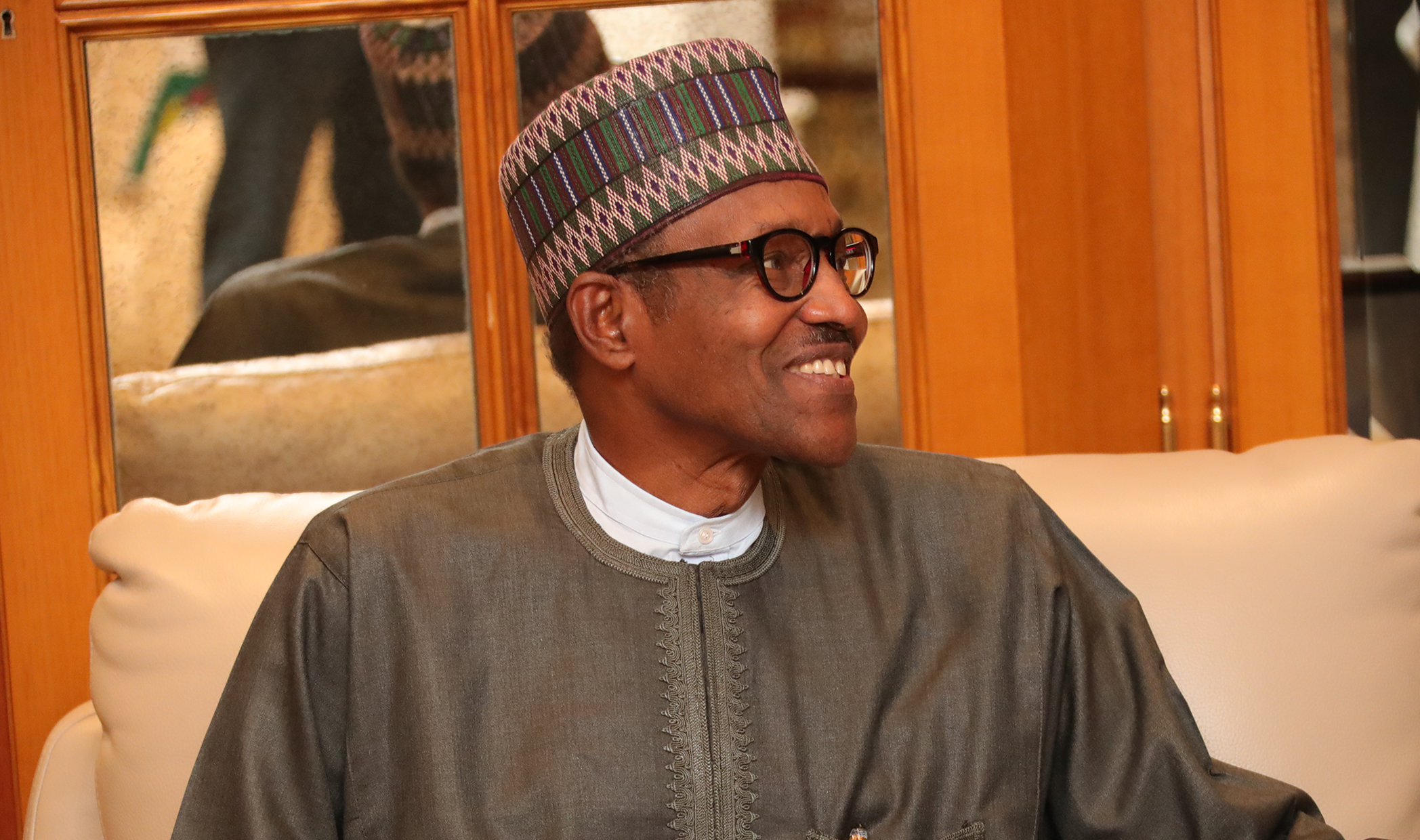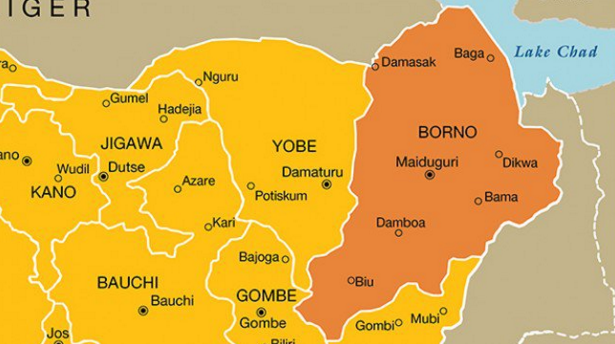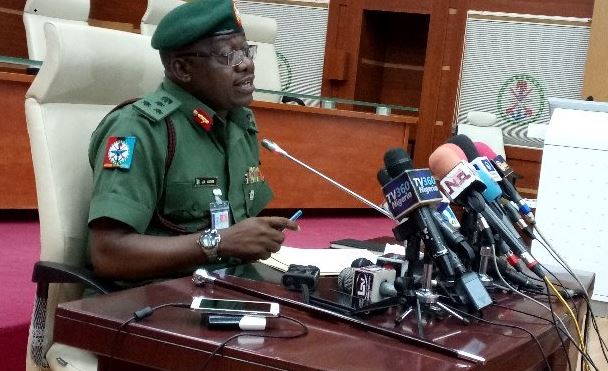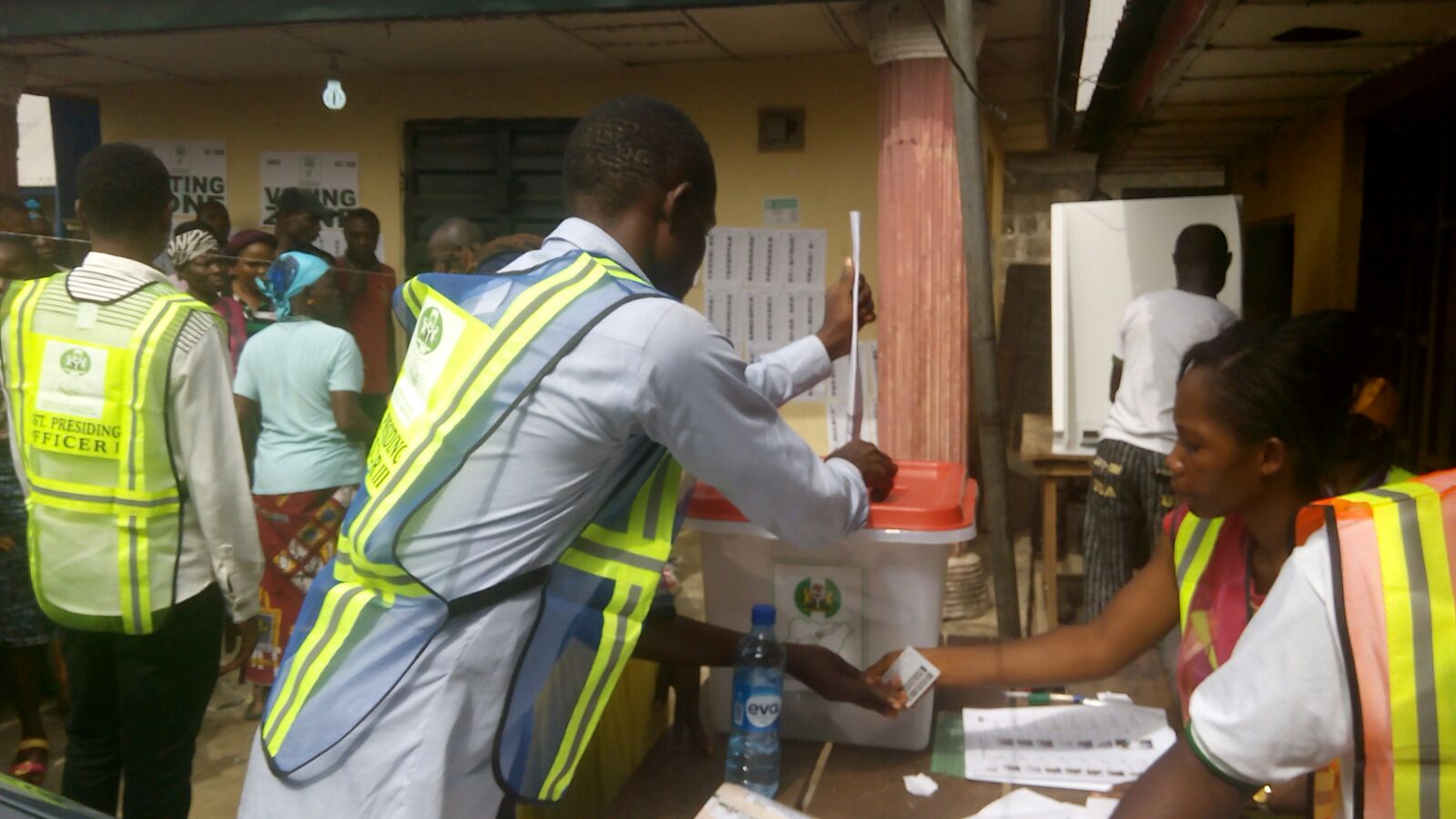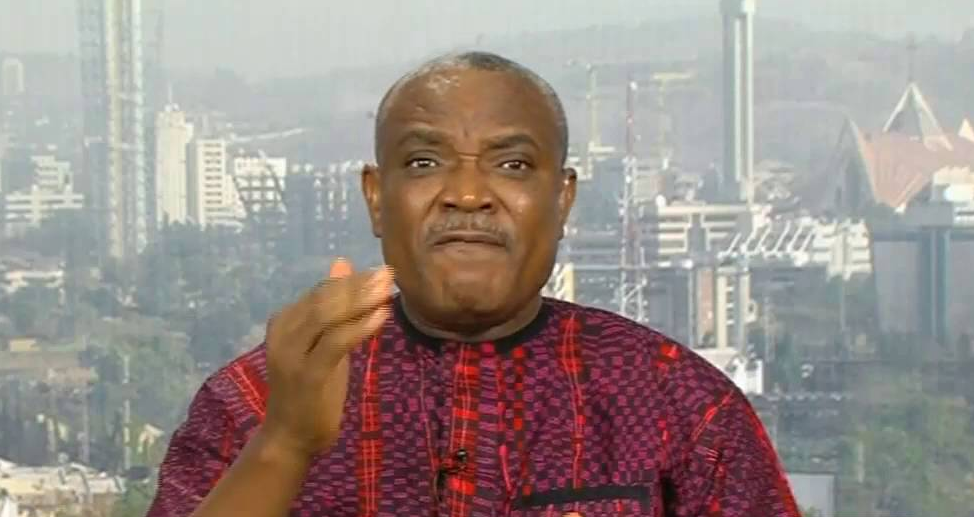Since the report that HSBC, one of the world’s largest banking and financial services companies, took a dim view of the Buhari government’s economic policies, operatives and supporters of the government have been falling over themselves to give it back to the bank. Though I have been unable to lay my hands on the bank’s original research notes, it is widely reported that the bank claimed that another four years of a Buhari government would be detrimental to the country’s economic prospects. It was also reported that the bank predicted that Buhari would lose the 2019 election to the opposition PDP – a prediction that must have angered the presidency and Buhari’s supporters beyond measure while boosting the bullets in the PDP’s campaign armoury.
It is understandable that the government would reject the HSBC’s analysis. The truth is that reality is multifaceted and the HSBC’s version of reality may be quite different from the government’s version. The different facets of reality, the lenses through which those realities are viewed and even the filters used in sifting the array of information that colour such reality can sometimes be reconciled through honest dialogues and unfettered competition of ideas. Filibustering and obfuscations usually come from a party to a dispute which lacks the facts or analytic skills for a rigorous point-to-point rebuttal of issues raised by an opponent.
There is an additional reason I feel it is not out of place for the Buhari government to interrogate the bank’s conclusion – the need to prevent one narrative from dominating the political space. If the HSBC, supposedly based on its research, arrives at a conclusion the government disagrees with, it has a right to negate that conclusion. Such a negation will however be more effective if it sticks to the issues raised and also uses research and ‘scientific arguments’. The government’s responses come across like throwing wild punches – as market women are wont to do.
In fact the presidency’s response is typical of successive Nigerian governments’ responses to international reports: if they find the report objectionable – whether it is from foreign governments, Transparency International, Amnesty International or other foreign organisations – the intentions behind such reports are questioned, and all manner of accusations levelled against the institution or government. However when the same institution or government says something favourable, that government or institution is held up as the gold standards, and the favourable report will become interpreted as ‘international endorsement’ of the policies of the government in question. This is what some people in the West call ‘Third Worldism’- a tendency by so-called Third World countries to see conspiracy or deliberate attempt to put them down in any unfavourable remark by the West and to react aggressively to such. For instance while the Buhari government has never stopped celebrating Nigeria’s 24 point rise in the 2018 World Bank’s Ease of Doing Business as evidence that its economic policies are business friendly and have been endorsed by the World Bank, the same government has taken hostile positions against the negative reports of both Transparency International (on corruption perception) and Amnesty International (on human rights violations). But this pattern of response is not limited to the Buhari government. It is the knee jerk responses of successive governments to international reports they find favourable or unfavourable. It needs to change.
Advertisement
Responding to the report that a second term for Buhari would be inimical to the country’s economic growth (and of course the prediction that Buhari would lose the election), Garba Shehu, Senior Special Assistant to the President on Media, made no effort at any point-for-point rebuttal or even pretended to cloak the response in research language. Rather what he dished out was threat and blackmail. He was quoted as saying: “The presidency wishes to make clear to all Nigerians and particularly the global banking giant HSBC which said the second term of President Buhari would stunt the economy that what killed Nigeria’s economy in the past was unbridled looting of state resources by leaders, the type of which actively supported by HSBC”. And borrowing from the government’s penchant for labelling any criticisms of its policies as “corruption fighting back”, Garba Shehu ‘descended’ to what the late Fela would call ‘yabis’: “From the facts available to our investigation agencies”, he was further quoted as saying, “HSBC’s put down on President Buhari is no more than an expression of frustration over administration’s measures put in place which has abolished grand corruption, the type which the bank thrives on in many countries”. He also claimed that the government’s investigations revealed that HSBC laundered more than USD 100,000,000 for the late General Sani Abacha.
The EFCC weighed in on the matter. Speaking on the development, the anti-graft agency, in a statement posted on its official Facebook page, said HSBC is synonymous with money laundering and listed some of Abacha’s loot laundered by the HSBC and concluded: “We shall not rest on our oars until every penny belonging to the FRN is repatriated to Nigeria to improve the lives of the people.” Of course one may be tempted ask the EFCC what it has exactly done since discovering that the bank was an accessory to Abacha’s grand corruption – before the bank’s negative note on Buhari’s economic policies
There were defences of the government that verged on the comical: For instance, Senator Shehu Sani, who represents Kaduna Central in the Senate, tweeted that HSBC was angry with Buhari because African Heads of State are now going to Chinese restaurant and had stopped going to the McDonalds and KFC.
Advertisement
In summary, there are a few points to note in our manner of responding to unfavourable reports from foreign governments and organisations:
One, our ‘angry Black’ responses make us conform to their stereotypes of so-called Third World countries. The organisations that issue such negative notes are rarely restrained or intimidated by such outbursts, threats and blackmail – especially from African governments that they know are weak and still depend heavily on them for many things. We need to evolve a more ‘civilized’ and more robust method of engaging with negative reports from international institutions and governments. What is really the point of bringing in the issues of HSBC’s alleged money laundering and making that the focus of the government’s response? What was the point of the EFCC behaving like an extension of the Buhari government and boasting that it would not rest until all the money stolen from Nigerian is repatriated? Are we not capable of producing a sober, point-for-point rebuttal of any negative international report without turning the whole affair into name-calling or manifestation of the so-called Third Worldism? And if HSBC laundered money for Abacha, how do we reconcile that with Buhari’s reported position that Abacha was not corrupt?
Two, some have argued that research notes such as the one the HSBC was reported to have written constituted an undue interference in the internal affairs of sovereign countries. Not, quite – in my opinion. Apart from the fact that the bank’s risks analysts have a duty of care to its clients to issue such notes, often forgotten is that the notion of no-interference in the internal affairs of countries, (even by foreign governments), has really evolved. In fact, since the 1990s, there has been a normative shift away from the traditional understanding of state sovereignty to an acceptance of sovereignty as responsibility. This is the underlying premise of the Responsibility to Protect (R2P) doctrine, a commitment which was endorsed by all the member states of the United Nations in 2005 to prevent genocide, war crimes, ethnic cleansing and crimes against humanity. Part of the arguments of R2P, argument is that in a globalized world, where what affects one country often has repercussion on several others, the doctrine of ‘non-interference’ should have the doctrines of ‘non-indifference’ and R2P as its checks. Sure, there are always concerns that big powers and multinationals could abuse the R2P to pursue their own agenda in smaller states. But in responding to any foreign report, the way we frame our responses matter.
Three, whatever we may hurl at the HSBC for its report, other Western institutions and governments are more likely to believe on their research notes on the country than our emotional responses to such notes and the tantrums we throw as a result in a misguided defence of Buhari or the fatherland. This is why some people say that Western institutions behave like a herd. Once one major institution says something – negative or positive – about a developing country, Western opinions coalesce and a consensus is quickly forged on that country based on that report.
Advertisement
Add a comment

